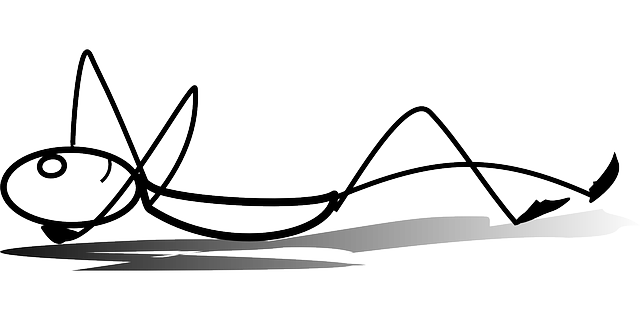This Fast Company article — “The Best Time of Day to Do Everything at Work” — is a wonderfully theoretical thing. But as Albert Einstein famously said:
In theory, theory and practice are the same. In practice, they’re different.
In theory, then, the article proposes seven seemingly simple suggestions that, in practice, may not be so simple. If that’s the case, we should have a look at them, shouldn’t we?
- To get your email read, the article suggests sending it on a weekend morning. That’s not a bad idea on its own merits. I usually spend the first couple of hours on Saturday and Sunday mornings scheming ways out of my honey-do chores. After that, I have time to kill. So, I can see the logic here, except …
- The article also says your email will most likely get a response if you send it between 6:00 and 7:00 on weekday mornings. Aside from the fact it contradicts #1, I get up so early on the weekends to duck my honey-do chores that I typically sleep till noon Monday through Friday.
- The article quotes WhenIsGood.net as contending the best time to conduct meetings is at 3:00 p.m. on Tuesdays. Maybe it’s me. But I’m just not up for a meeting three hours after crawling out of bed.
- The article also cites a study from Columbia Business School that says you should make tough decisions first thing in the morning or right after lunch because eating replenishes energy. Uh … maybe. As long as you pay attention to Columbia Business School, rather than Discover, you should be good … I guess.
- It’s hard to believe this one’s not facetious. Harvard University and The University of Utah ostensibly agree the best time to ask for a raise is in the morning. This is prime proof of the axiom that those who can’t do, teach. Everybody knows you should ask for a raise in the morning only if you’re absolutely certain your boss is badly hung over and will say ‘yes’ just to get you to go away.
- Given my noon reveille, this one could turn out to be helpful: The Wharton School and Harvard Business School put late-rising bums like me at a disadvantage with narrow bracketing, which also seems to be a common practice of figure-skating judges.
- And speaking of academic detachment, Albion College and Michigan State University want us to think undergrads are paragons of creative thinking. Really? How much time do the folks at either of those prestigious institutions actually spend with undergrads?
These seven precepts notwithstanding, we’re left with the perennial question: Is there a best time of day to do anything at work?
Are you kidding?

